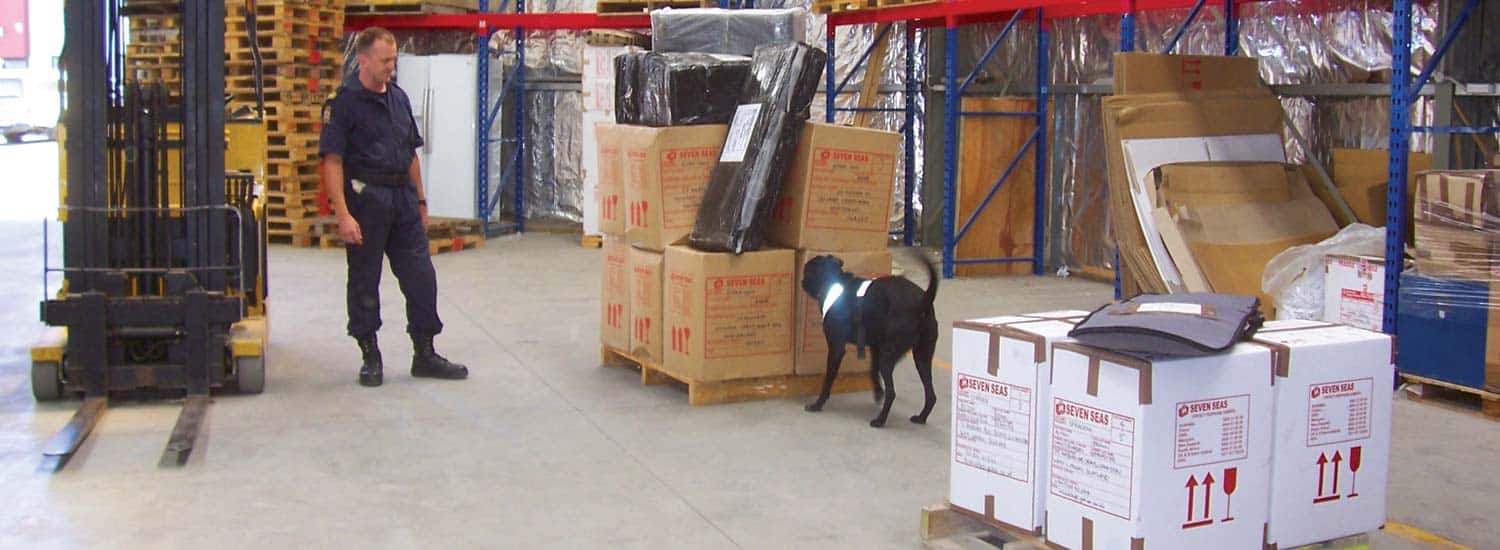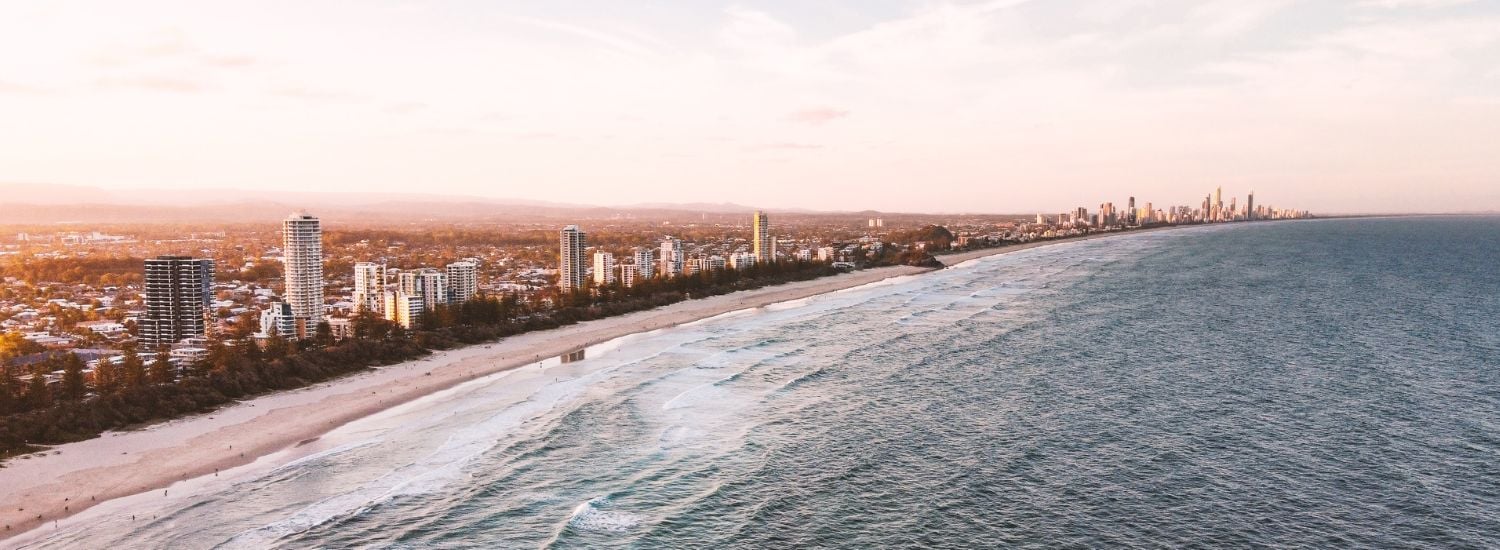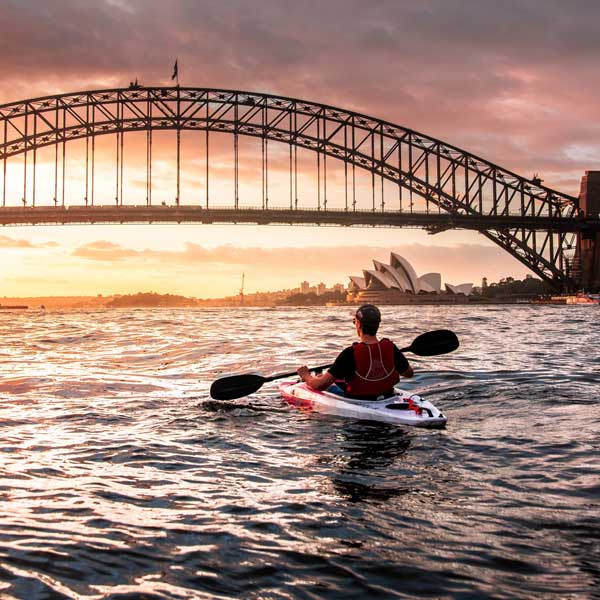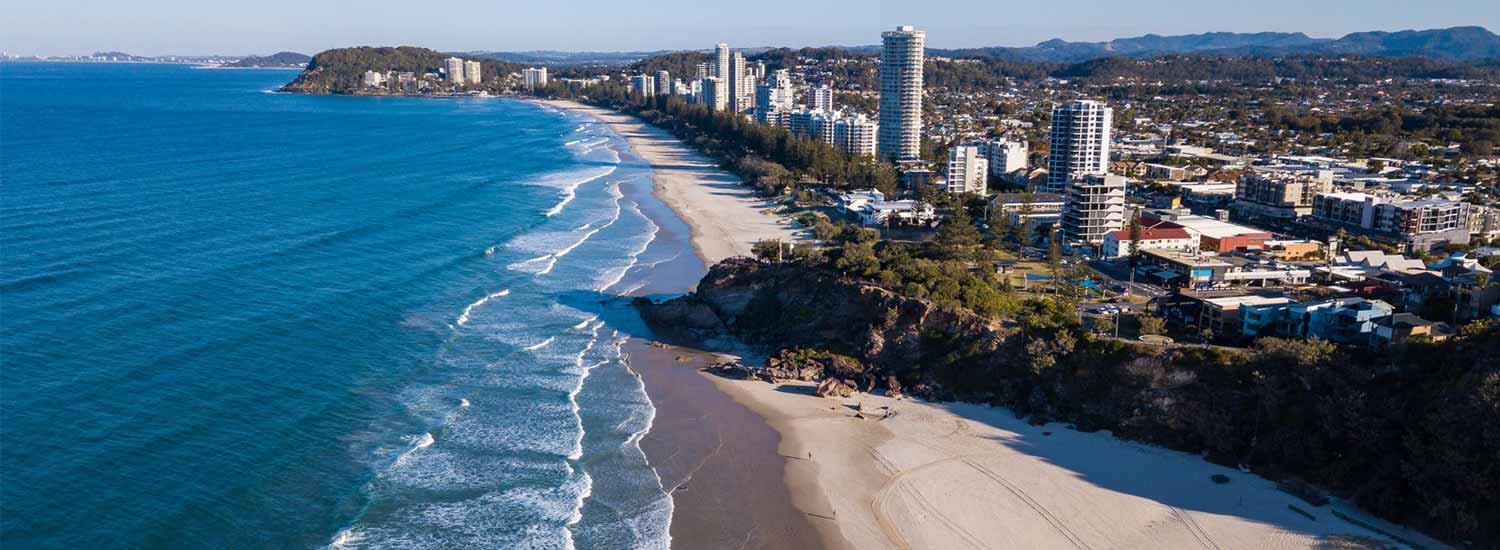Before packing, check this list of items prohibited from entering a particular country or region.
Key takeaways
- To move to Australia from the UK, you must choose and apply for an Australian visa, gather the relevant documentation, pick a city or region to live in, secure employment, and book an international removals company to ship your belongings.
- You need a visa for Australia from the UK — while an eVisitor or ETA (Electronic Travel Authority) visa may suffice for short visits, you must apply for a skilled migration, family reunion, or student visa if you are moving permanently.
- You can retire to Australia from the UK via the Australian government's retirement to permanent residency pathway. However, to be eligible, you must have held a Retirement or Investment Retirement visa as of 8th May 2018.
Adapting to a new life in Australia is another important consideration as climate, culture, and lifestyle contrasts can take time to adjust to.
How to move to Australia from UK
To move to Australia from the UK, you need to secure a visa by researching your options and choosing from several Australian visa categories, including skilled migration, refugee and humanitarian, study and family reunion. Once you've decided on the most applicable visa, gather all relevant documentation, such as your passport, bank statements, proof of qualifications, marriage certificate and health records.
Next, decide which city or region Down Under you wish to move to. Consider job opportunities, cost of living, things to do and climate. Securing employment before moving to Australia will ease the transition, though many people opt to find work once settled. Before leaving, sort out your healthcare and finances, then arrange temporary accomodation.
Finally, find a suitable international removals company to ship your belongings and help you clear Australian customs.
How hard is it to move to Australia from the UK?
It's quite hard to move to Australia from the UK, but with enough patience, money and planning, it's not impossible — in fact, 667,000 migrants arrived in Oz between 2023 and 2024.
One of the biggest hurdles is obtaining a visa, which can be lengthy and complex. You'll need to meet various requirements, such as proving your experience, qualifications and work experience for a skilled migration visa. To ease some stress, consider hiring a migration agent. They'll help assess your eligibility, choose your most applicable visa, prepare, complete and submit your application documents, and liaise with Australian immigration authorities.
Moving to Australia can be expensive, including visa application fees, flights, shipping your belongings, and finding temporary accommodation. Depending on your visa type, the process may also take several months or even years.
Adapting to a new life in Australia is another important consideration as climate, culture, and lifestyle contrasts can take time to adjust to. For example, Australia's warm, year-round climate differs notably from the UK's four distinct seasons.
To make the transition easier, consider joining expatriate groups or online forums. Such communities can offer tailored advice, local insights and emotional support during your big move Down Under.
Number of migrant arrivals in Australia (2023-24)
The graph below shows the number of migrant arrivals to Australia between 2023 and 2024 from the top 5 birth countries: India, China, the Philippines, Australia (returning citizens) and the United Kingdom.
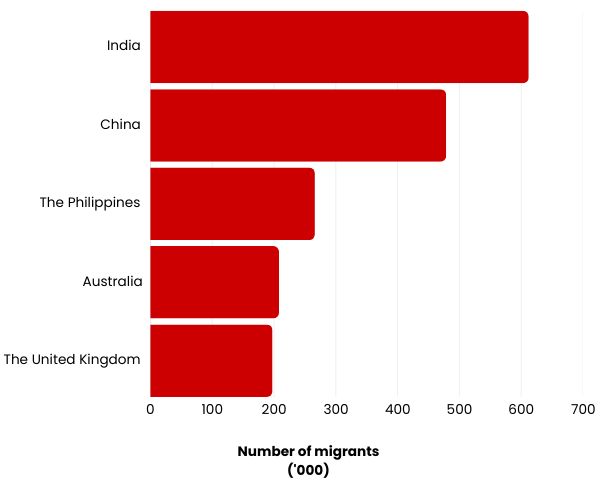

What are the states of Australia?
The states of Australia are North South Wales, Victoria, Queensland, Western Australia, South Australia, Tasmania, the Northern Territory, and the Australian Capital Territory. Below is a brief overview of each:
New South Wales (NSW):
- Job opportunities in healthcare, retail and construction.
- Higher than average monthly cost of living (CoL)* at AU$6,213 (£3,154) for a family of four.
- Temperate to dry climate.
- Enjoy surfing, hiking, and visiting famous landmarks like the Sydney Opera House.
Victoria (VIC):
- Job opportunities in healthcare and professional, scientific and technical services.
- Moderate average monthly CoL* at AU$5,756 (£2,919) for a family of four.
- A cool climate.
- A vibrant cultural scene with highlights including wine tasting in Yarra Valley and the yearly tennis Grand Slam, the Australian Open.
Queensland (QLD):
- Job opportunities in healthcare, retail and construction.
- Lower average monthly CoL* at AU$5,332 (£2,704) for a family of four.
- A subtropical climate.
- Boasts stunning scenery, such as the Great Barrier Reef and the Whitsunday Islands.
Western Australia (WA):
- Job opportunities in mining, construction and healthcare.
- Moderate average monthly CoL* at AU$5,513 (£2,796) for a family of four.
- A Mediterranean climate.
- Ideal for outdoor experiences like hiking in Karijini National Park and sunbathing on Cottesloe Beach.
South Australia (SA):
- Job opportunities in manufacturing, agriculture and healthcare.
- Moderate average monthly CoL* at AU$5,805 (£2,944) for a family of four.
- A Mediterranean climate.
- Experience world-class cultural festivals, such as the Adelaide Fringe Festival and WOMADelaide.
Tasmania (TAS):
- Job opportunities in tourism, retail and education.
- Moderate average monthly CoL* at AU$5,986 (£3,036) for a family of four.
- A cool climate.
- Explore historic sites like Port Arthur and Cradle Mountain.
Northern Territory (NT):
- Job opportunities in public administration, mining and defence.
- Lower than average monthly CoL* at AU$4,750 (£2,409) for a family of four.
- A tropical climate with distinct dry and wet seasons.
- Learn about Aboriginal culture and art, including the iconic rock formation of Uluru.
Australian Capital Territory (ACT):
- Job opportunities in government, healthcare, education and construction.
- Higher than average monthly CoL* at AU$6,588 (£3,341) for a family of four.
- Four seasons of weather.
- Discover the great outdoors by hiking in Namadgi National Park and cycling around Lake Burley Griffin.
*prices accurate as of 2025
Sources: numbeo.com and profile.id.com.au
Can I live in Australia with a British passport?
You can live in Australia with a British passport, but you need a visa. If you're visiting temporarily, eVisitor or ETA (Electronic Travel Authority) visas allow UK citizens to stay for up to 3 months per visit within 12 months. For longer stays, you'll need to apply for a skilled migration visa, a family reunion visa or a student visa, depending on your circumstances.
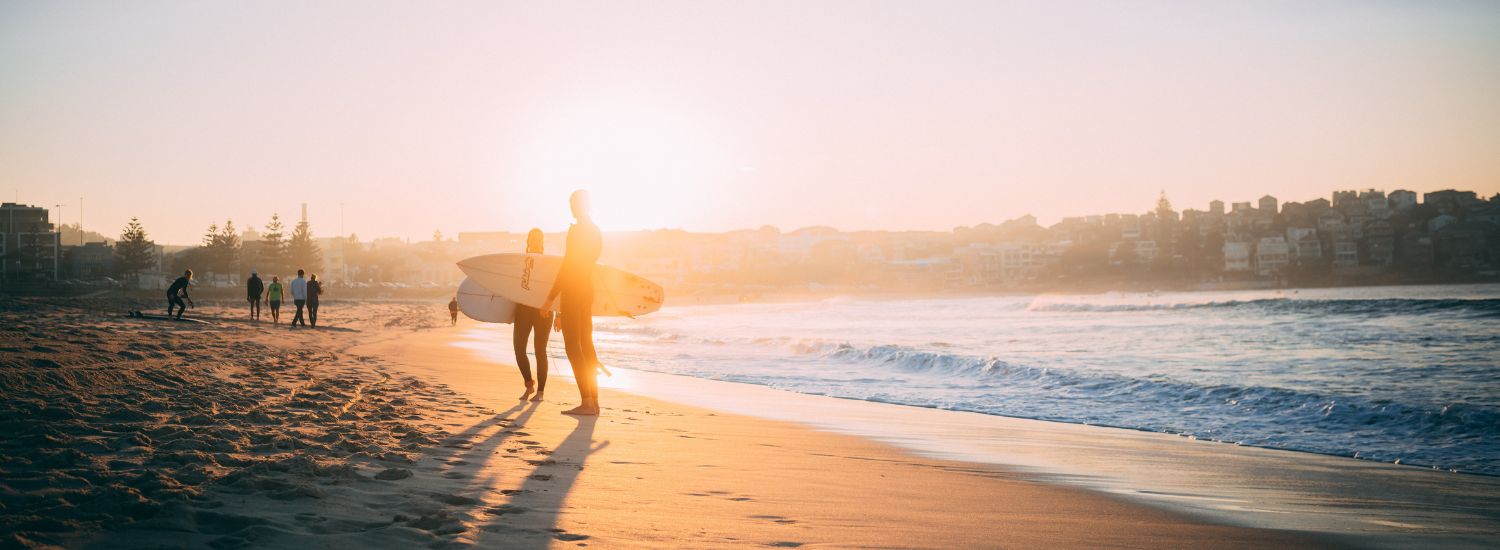
Do I need a visa for Australia from UK?
You do need a visa for Australia from the UK — only Australian and New Zealand citizens do not need a visa to enter the country. The type of visa UK passport holders require depends on the purpose and length of their stay. If you're moving permanently, you'll likely need a skilled migration visa, a family reunion visa, or a student visa. Each has specific criteria, such as applicable qualifications, work experience, or a job offer.
An eVisitor or ETA (Electronic Travel Authority) visa may suffice for short visits, such as tourism or business trips. Both typically allow a stay of up to three months per visit within one year and are processed within a few days, although times may vary due to the time of year and the completeness and accuracy of your application. Longer-stay visas take between a few days and seven months to process, depending on the visa type and current staffing levels.

Moving to Australia from UK requirements
When moving to Australia from the UK, there are several key requirements to consider, depending on your chosen visa. Start by thoroughly researching online to determine which visa you're most likely to qualify for, such as a skilled migration, student or family reunion visa.
General requirements for Australian visas include:
- A valid passport: valid for the entire duration of your stay in Australia.
- Health requirements: most visa applicants must undergo a medical examination, especially when applying for long-term visas or permanent residency.
- Character requirements: you may need to provide a police clearance certificate to confirm you do not have a substantial criminal record, a character statement, a good conduct letter from your employer and more.
- English language proficiency: for many visas, especially skilled occupation visas, proof of English proficiency, including the International English Language Testing System or the Pearson Test of English test results, is required.
- Biometric information: you may need to provide fingerprints and a photo as part of the application process.
- Proof of financial capacity: some visas require evidence that you have enough funds to support yourself during your stay in Australia.
Skilled migration visa requirements include:
- A skills assessment: your skills must be evaluated by the relevant assessing authority for your nominated occupation.
- An occupation on the skilled occupation list: your profession needs to be on the relevant skilled occupation list.
- Points test: visa acceptance is granted based on a points-based system. Factors include age, English proficiency, work experience, and education.
Employer-sponsored visa requirements include:
- Job offer: an Australian employer willing to sponsor you for a defined time period.
- Relevant skills and qualifications: evidence that your work experience and education match the job requirements.
Student visa requirements include:
- Enrolment acceptance: a Confirmation of Enrolment (CoE) from an Australian educational institution.
- Overseas Student Health Cover (OSHC): purchasing OSHC for the duration of your stay.
Partner visa requirements include:
- Proof of relationship: evidence of a genuine and ongoing relationship with your partner, such as joint bank accounts, shared bills, personal statements on your relationship habits and documents demonstrating shared responsibility for children.
- Sponsorship: your Australian partner must sponsor your application.
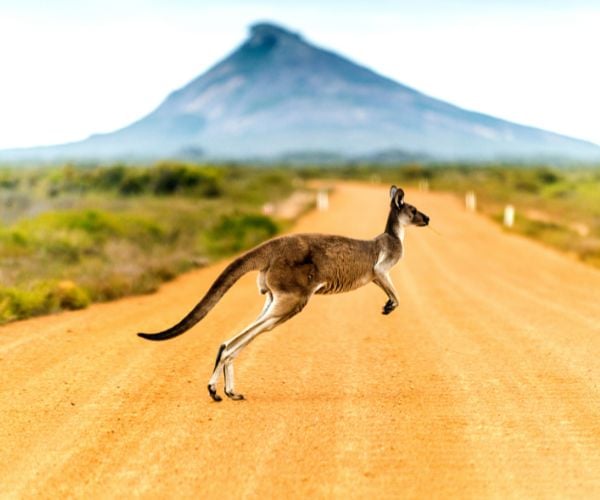
How much does it cost to move to Australia from UK?*
The cost to move to Australia from the UK is, on average, about AU$17,026 (£8,533). However, exact costs depend on your visa type, shipping options and personal circumstances, such as the size of your home and which city you're moving to.
As of 2025, visa application costs range from nothing for an eVisitor (subclass 651) temporary stay up to AU$9,095 (£4,437) for a Partner visa (subclass 820). Depending on your visa type, you may need to pay for a skills assessment, a health examination and other administrative fees, costing an estimated AU$1,275 (£639).
Moving personal belongings and household goods to Australia from the UK can cost between AU$1,994 (£1,000) and AU$9,972 (£5,000), depending on the amount and your chosen transport method.
Flights typically cost AU$1,994 (£1,000) to AU$2,991 (£1,500) per person. Additionally, you may need to factor in the costs of securing temporary accommodation, roughly AU$4,095 (£2,053) for a 2-week Airbnb and 2 weeks of living costs, at an estimated AU$873 (£437).
Can you retire to Australia from UK?
You can retire to Australia from the UK because the Australian government created a retirement pathway to permanent residency for eligible and established long-term residents in 2018. Eligibility includes holding a Retirement or Investment Retirement visa as of 8th May 2018 or having held one as your last substantive visa. You must also be residing in Australia at the time of your application.
Eligible retirees can apply for either a Parent visa or a Contributory Parent visa, which could lead to permanent residency. The retirement pathway allows applicants to bypass some usual requirements, including sponsorship, the balance of family test, and Assurance of Support.
If you've made sufficient National Insurance contributions to qualify for the UK state pension, you can arrange for payments to be deposited into your Australian bank account. However, your UK state pension will be frozen at its initial payment rate and will not increase annually in line with inflation unless you return to the UK or move to a country with a reciprocal agreement.
*prices accurate as of 2025
Is it worth moving to Australia from UK?
It is worth moving to Australia from the UK as life Down Under offers a high standard of living, including an outstanding healthcare system, sunny year-round weather, a strong economy and laid-back locals. The golden beaches, rolling waves, rugged landscapes and endless outdoor pursuits attract many expats year after year.
However, Australia's high cost of living is worth noting, particularly in major cities like Sydney and Melbourne, and the long distances from family and friends back home could prove challenging. However, moving to Australia is a rewarding and life-changing experience if you carefully weigh the pros and cons and prepare thoroughly.
If you prefer to avoid flying, the journey will take significantly longer and require a combination of trains, buses and ships...
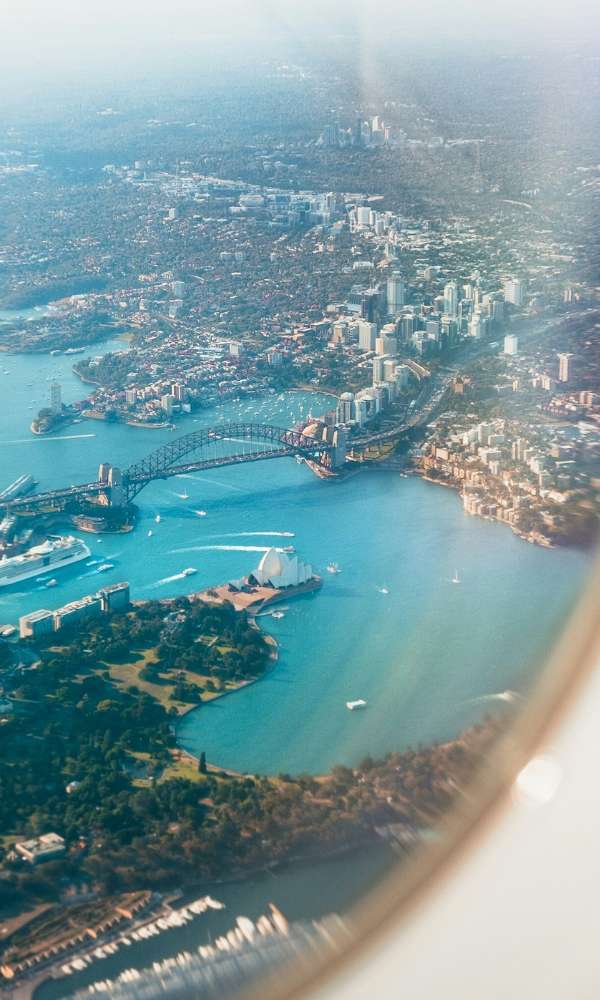
How long does it take to get to Australia from UK?
To get to Australia from the UK takes around 21 to 24 hours by plane, depending on your departure location, chosen airline and layover city. According to travel agency flightcentre.co.uk, a direct flight from London, UK, to Sydney, Australia, takes around 22 hours and 25 minutes. Layover cities may include Dubai, Abu Dhabi, Los Angeles, Singapore, Bangkok or Hong Kong. The table below shows standard stopover options when flying from London Gatwick (UK) to Sydney Airport (Australia) and their corresponding average flight duration:
| Stopover | Flight duration |
| Bangkok (Thailand) | 21 hours 10 mins |
| Dubai (UAE) | 21 hours 40 mins |
| Hong Kong | 21 hours 55 mins |
| Los Angeles (USA) | 26 hours 25 mins |
| Singapore | 21 hours 40 mins |
If you prefer to avoid flying, the journey will take significantly longer and require a combination of trains, buses and ships, as well as careful planning and temporary visas for several countries.
One common land and sea route is via the Trans-Siberian Railway, which takes 4-5 weeks. It involves travelling by train from London to Moscow, then through Russia and China, and finally boarding a passenger-carrying freighter or cruise ship from Asia to Australia. However, current geopolitical issues in Russia have made this route unfeasible.
Alternatively, you could travel by train from London to Istanbul via Paris, Munich, Vienna and Bucharest in 5–6 days. From Istanbul, continue overland through the Middle East or Asia by a combination of trains and buses, arriving in India in approximately 10-14 days. Then, take trains through Southeast Asia via Myanmar, Thailand and Malaysia, which adds another 2–3 weeks. Finally, take a freighter or cruise ship from Singapore or Malaysia to Australia, a journey of 7-15 days.
